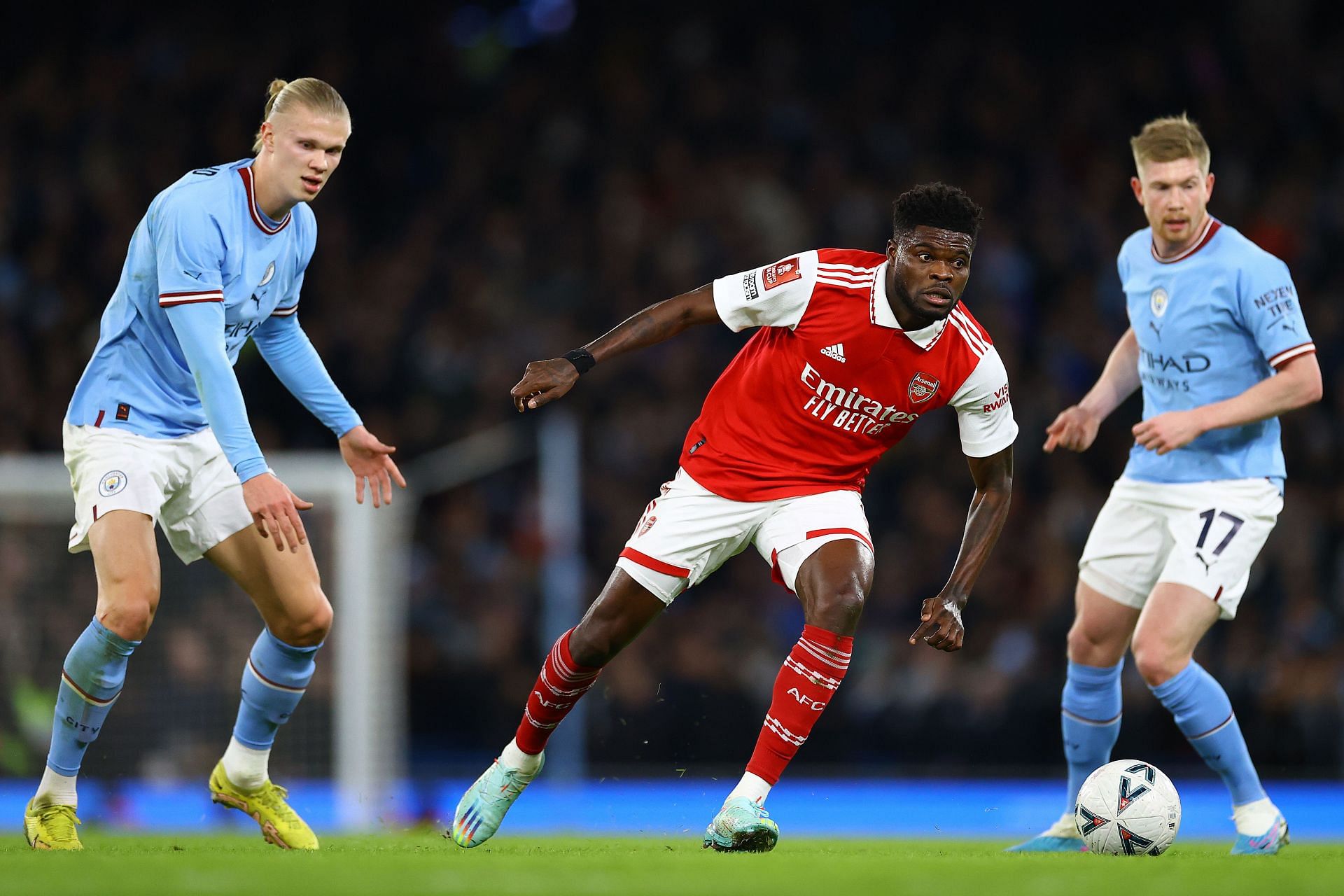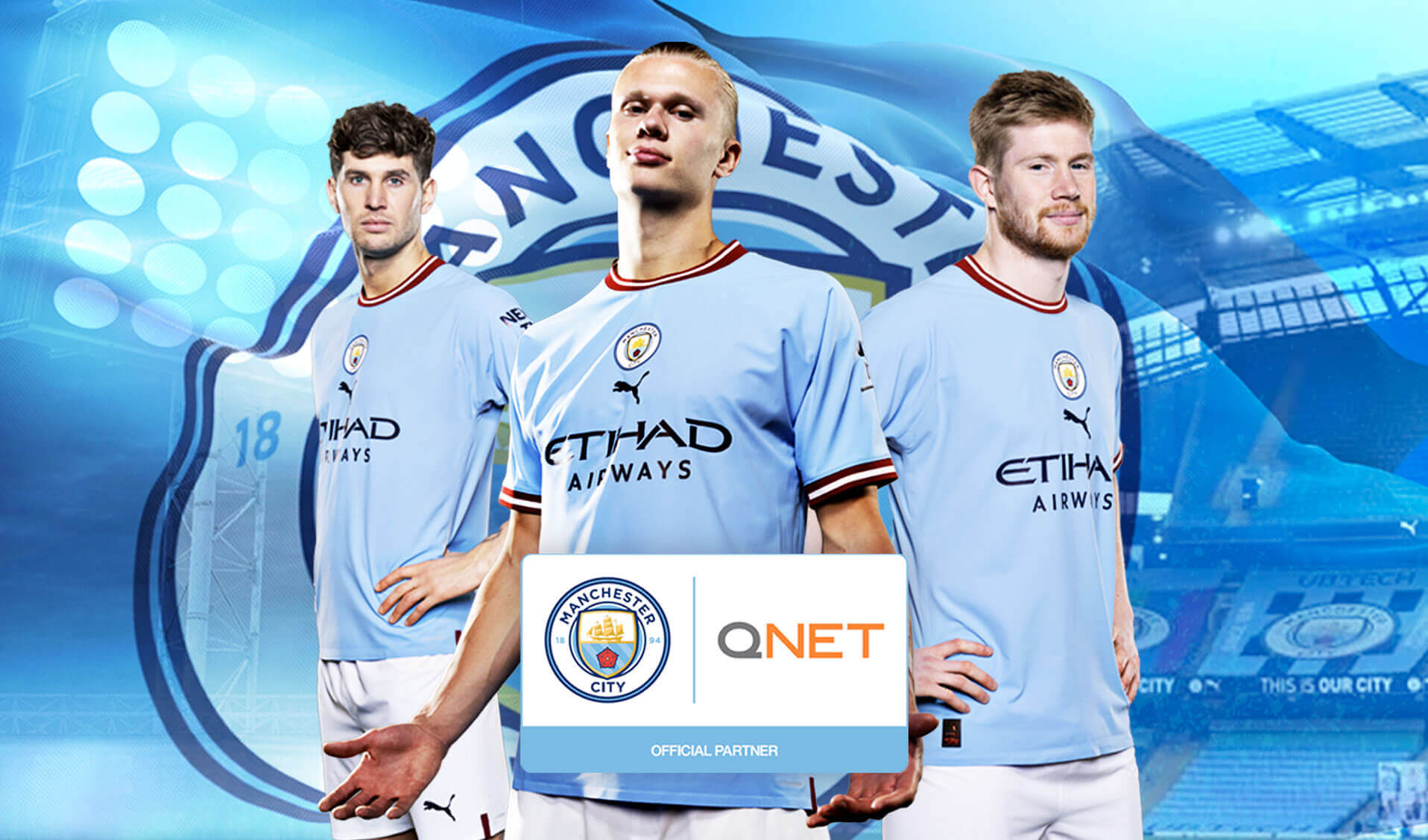Manchester City Qatar: The relationship between the Premier League powerhouse and the Qatari Investment Authority (QIA) is a complex tapestry woven with threads of immense financial investment, unprecedented sporting success, and considerable controversy. This examination delves into the multifaceted implications of this partnership, exploring its impact on the club’s global brand, its financial dealings, and the ethical considerations surrounding its origins.
From the sheer scale of QIA’s investment to the ongoing debates surrounding Financial Fair Play (FFP), the story of Manchester City and Qatar is one of ambition, achievement, and enduring scrutiny.
Explore the different advantages of 3rd kit manchester united that can change the way you view this issue.
This investigation will unpack the ownership structure, analyzing the financial intricacies and the resulting influence on the club’s strategic decisions. We’ll dissect the controversies surrounding FFP regulations and Manchester City’s compliance, examining past sanctions and their ramifications. Furthermore, we will assess the impact of Qatari investment on Manchester City’s global brand, marketing strategies, and its overall sporting achievements. Finally, the piece will address the ethical considerations and social implications, acknowledging criticisms and exploring the broader debate surrounding sovereign wealth fund involvement in professional football.
Manchester City’s Ownership and the Influence of Qatar: Manchester City Qatar
Manchester City Football Club’s meteoric rise to global prominence is inextricably linked to the substantial investment from the Qatar Investment Authority (QIA). This analysis delves into the intricacies of the club’s ownership structure, the financial implications of QIA’s involvement, the controversies surrounding Financial Fair Play (FFP), the club’s enhanced global brand, its sporting success, and the broader social and political implications of this unique partnership.
Manchester City’s Ownership Structure
Manchester City is ultimately owned by the Qatar Investment Authority (QIA), a sovereign wealth fund of the State of Qatar. This differs significantly from the ownership models of many other major European clubs, many of which are publicly traded companies or owned by private individuals or consortia. The QIA’s investment provides Manchester City with unparalleled financial resources, allowing for significant spending on player acquisitions, infrastructure development, and marketing initiatives.
This contrasts with clubs reliant on revenue streams generated solely from matchday income, broadcasting rights, and commercial partnerships. The substantial capital injection from QIA has fundamentally reshaped the club’s financial landscape and competitive standing.
| Stakeholder | Role | Ownership Percentage (Approximate) | Influence |
|---|---|---|---|
| Qatar Investment Authority (QIA) | Ultimate Owner | 100% | Complete control over strategic decisions and financial resources. |
| Manchester City Football Group (MCFG) | Holding Company | N/A | Manages the various football clubs and business entities under the City Football Group umbrella. |
| Khaldoon Al Mubarak | Chairman, Manchester City FC | N/A | Oversees the day-to-day operations of the club. |
| Txiki Begiristain | Director of Football | N/A | Responsible for player recruitment and transfers. |
Financial Fair Play and Manchester City
Manchester City’s financial practices have been subject to significant scrutiny from UEFA regarding its Financial Fair Play (FFP) regulations. Allegations of circumventing FFP rules have resulted in investigations and sanctions. The club’s significant spending on player transfers and wages, fueled by QIA’s investment, has been a central point of contention.
- 2014: UEFA initially fined Manchester City €60 million and restricted their participation in the Champions League for two seasons, though this was later overturned by the Court of Arbitration for Sport (CAS).
- 2022: The Premier League charged Manchester City with over 100 breaches of its financial rules, spanning nearly a decade. This resulted in a two-year ban from the Premier League, a significant fine, and point deductions, which was later overturned by CAS.
- Ongoing: The debate surrounding Manchester City’s financial practices and compliance with FFP regulations continues.
Manchester City’s Global Brand and Qatar’s Influence, Manchester city qatar
QIA’s investment has dramatically accelerated Manchester City’s global brand expansion. The club has leveraged its association with Qatar through targeted marketing campaigns and strategic partnerships, achieving significant growth in global fan engagement and commercial opportunities. This is evident in the club’s increased social media following, sponsorship deals, and global fanbase.
| Metric | Before QIA Investment | After QIA Investment | Comparison |
|---|---|---|---|
| Global Fanbase | Relatively small, primarily localized | Vastly expanded, with significant international presence | Exponential growth |
| Sponsorship Revenue | Moderate | Substantially increased | Significant rise due to high-profile sponsorships |
| Global Marketing Reach | Limited | Extensive, with campaigns targeting diverse international markets | Massive expansion in marketing activities |
Sporting Success and Qatari Investment
/cdn.vox-cdn.com/uploads/chorus_image/image/71739736/1448371742.0.jpg)
The correlation between Qatari investment and Manchester City’s on-field success is undeniable. The substantial financial resources have enabled the club to assemble a squad of world-class players, invest in top-level coaching staff, and build state-of-the-art training facilities. This strategic approach has resulted in numerous trophies and consistent title challenges.
| Season | Competition | Outcome |
|---|---|---|
| 2011-2012 | Premier League | Winner |
| 2013-2014 | Premier League | Winner |
| 2017-2018 | Premier League | Winner |
| 2018-2019 | Premier League | Winner |
| 2020-2021 | Premier League | Winner |
| 2021-2022 | Premier League | Winner |
| 2022-2023 | Premier League | Winner |
Social and Political Implications
The relationship between Manchester City and Qatar has drawn considerable criticism, particularly concerning human rights issues in Qatar. The arguments for and against the involvement of sovereign wealth funds in football are complex and multifaceted. While the investment has undeniably boosted the club’s success and global profile, the ethical implications of this partnership remain a significant point of debate.
A visual representation of the various perspectives could be a circular diagram. The center could depict Manchester City’s logo. Radiating outwards would be different colored sections, each representing a different stakeholder group and their perspective. For example, a green section could represent supporters celebrating the club’s success, a red section could represent human rights activists criticizing Qatar’s record, a blue section could represent QIA highlighting economic benefits, and a yellow section could represent football governing bodies grappling with the implications of sovereign wealth fund investment.
The size of each section could reflect the relative prominence or influence of each perspective.
The Manchester City-Qatar relationship stands as a paradigm of modern football finance, showcasing both the transformative power of significant investment and the inherent complexities and ethical dilemmas that arise from such partnerships. While the on-field success is undeniable, the ongoing debates surrounding financial fair play and the broader social and political implications necessitate a continuous critical evaluation. The future of this partnership, and its impact on the football landscape, remains a subject of intense interest and ongoing discussion.



